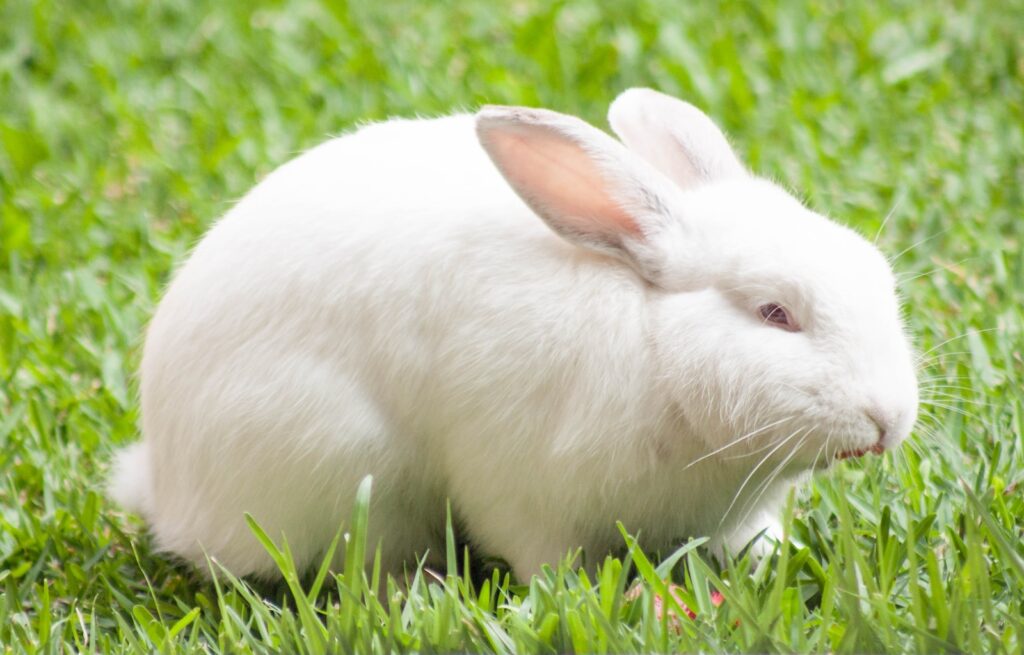Is Leeks Safe for Rabbits? — No, They’re Not
As a pet owner, it is important to consider the dietary needs and safety of our beloved rabbits. When it comes to leeks, it is best to keep them away from our furry friends. Leeks, although seemingly harmless to humans, can pose potential risks and health concerns for rabbits.
Risks of Feeding Leeks to Rabbits
Feeding leeks to rabbits can have detrimental effects on their health. One of the primary risks is the high content of oxalic acid present in leeks. Rabbits have a delicate digestive system, and the consumption of oxalic acid-rich foods like leeks can lead to the formation of kidney and bladder stones. Additionally, leeks can cause gastrointestinal problems, leading to diarrhea and discomfort for rabbits.
What Happens if Rabbits Consume Leeks?
If rabbits consume leeks, they may show various symptoms and reactions. These can range from mild to severe and include digestive distress, such as bloating, gas, and diarrhea. Rabbits may also experience discomfort and pain while passing urine due to the potential formation of bladder stones. In severe cases, the ingestion of leeks can even lead to kidney damage, which can be life-threatening for our furry companions.
Safe Alternatives to Leeks for Rabbits
Fortunately, there are plenty of safe alternatives to leeks that can be included in a rabbit’s diet. Rabbits thrive on a varied diet consisting mainly of fresh hay, grass, and leafy greens. Opt for rabbit-safe vegetables such as carrots, bell peppers, parsley, cilantro, and romaine lettuce. These alternatives not only provide essential nutrients but also help maintain a healthy digestive system for rabbits.
Preventive Measures: Keeping Leeks Away from Rabbits
To ensure the well-being of our rabbits, it is crucial to keep leeks out of their reach. Store leeks securely and make sure they are inaccessible to your furry friend. Additionally, be cautious when preparing food in the presence of rabbits, as they are curious creatures and may attempt to taste or ingest something harmful. Ensuring a safe and rabbit-friendly environment is key to preventing any accidental ingestion of leeks.
Conclusion
In conclusion, rabbits should not be fed leeks due to the potential risks associated with their consumption. The high oxalic acid content in leeks can lead to kidney and bladder issues, as well as gastrointestinal problems. It is essential to prioritize the health and well-being of our furry companions by offering a safe and appropriate diet. By opting for rabbit-safe alternatives and taking preventive measures, we can promote responsible pet care and ensure our rabbits lead healthy, happy lives.





